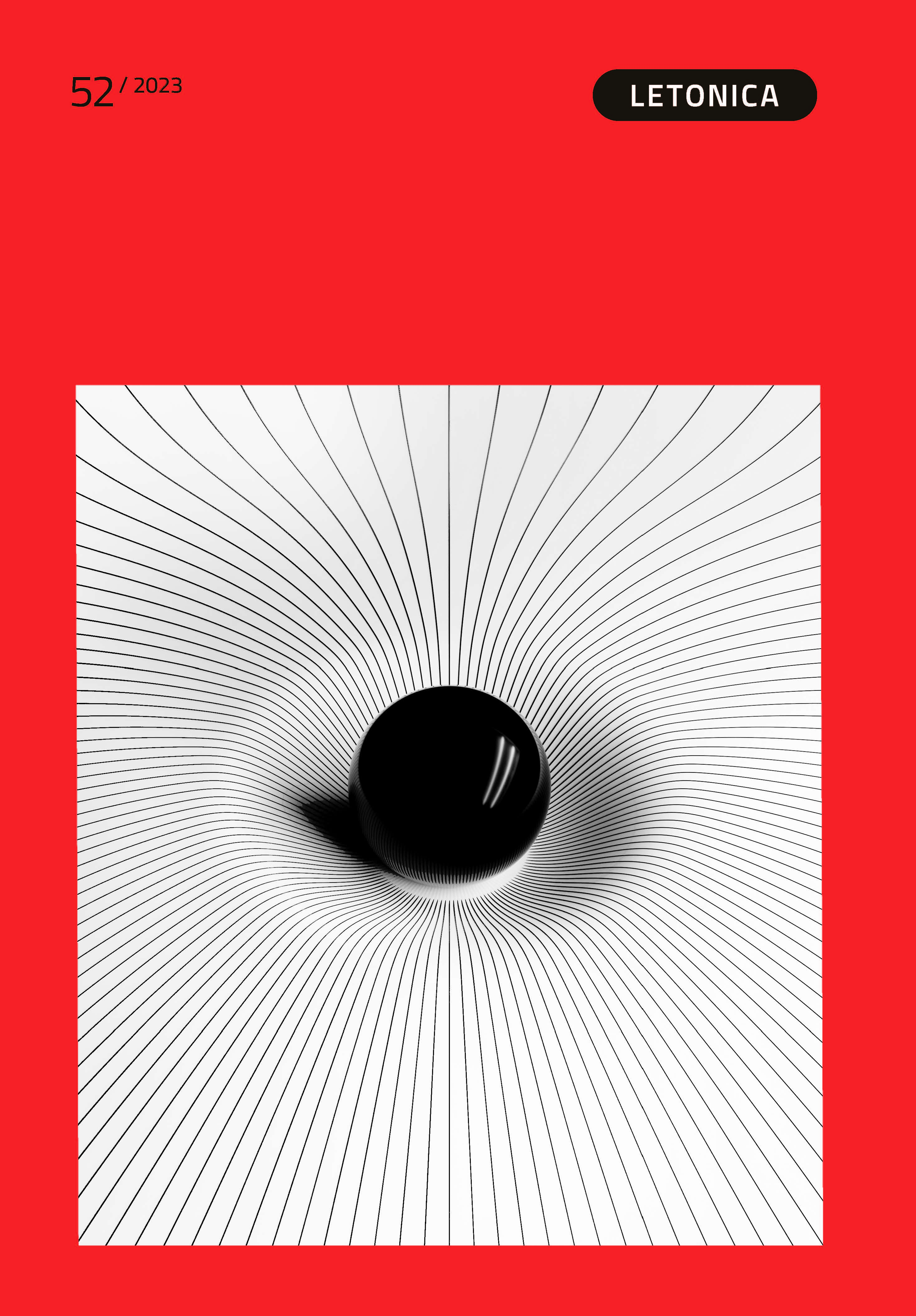The Discourse of the Past and the Role of Memory in the Lithuanian and Latvian Cultural Press during the Transition Period (1988–1992)
The Discourse of the Past and the Role of Memory in the Lithuanian and Latvian Cultural Press during the Transition Period (1988–1992)
Author(s): Viktorija JonkutėSubject(s): Cultural history, Political history, Latvian Literature, Nationalism Studies, Post-War period (1950 - 1989), Transformation Period (1990 - 2010), Period(s) of Nation Building, History of Communism, Cold-War History, Post-Communist Transformation, Politics of History/Memory
Published by: Latvijas Universitātes Literatūras, folkloras un mākslas institūts
Keywords: past; time; the 1980s; the 1990s; the Baltics; periodicals; historicity;
Summary/Abstract: The aim of the article is to analyze the discourse of the past that developed in the Lithuanian and Latvian cultural press in the late 1980s and early 1990s, discussing the dominant conceptions of history and perception of time. It is generally argued that with the fall of the Berlin Wall and the collapse of the Soviet Union an era of presentism began. However, the post-Soviet transition materialized in the Lithuanian and Latvian cultural press as a reconstructive, retrospective transformation, dominated by narratives about the past. This research is based on theoretical assumptions about collective memory (Halbwachs 1951; Assmann 2020), the regime of historicity (Hartog 2015; Koselleck 2004), and the inventory of temporal perspective (Zimbardo, Boyd 1999; 2008). Most of the analyzed material is cultural periodicals: weekly Literatūra ir menas (Literature and Art) and Šiaurės Atėnai (Athens of the North) and monthly Pergalė (Victory; in 1991 renamed Metai (Year)) and Kultūros barai (Domains of Culture), Sietynas (The Pleiades), Nemunas (The [River] Nemunas); Latvian monthly periodicals Avots (Source) and Karogs (Flag) and weekly Literatūra un Māksla (Literature and Art). These are occasionally supplemented by other periodicals and publications, as well as by the general context. Researching them, ten discursive functions of the interacting (re)constructed forms of memory were identified: communicative/informational, functional/pragmatic, testimonial/justice-driven, emotional/therapeutic, ontological/metalinguistic, reproductive/mimetic, identity-based, social/ mobilizing, ethical/moral, political/ideological.
Journal: Letonica
- Issue Year: 2023
- Issue No: 52
- Page Range: 184-205
- Page Count: 22
- Language: English

